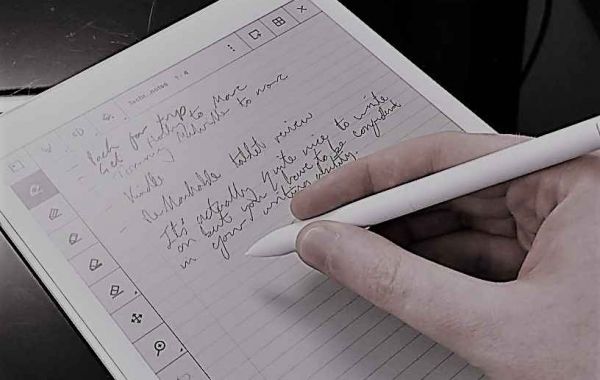Beyond translation - get clarity for your manuscript
An English Editor:
• Organizes and brings focus. If you have translated your manuscript from another language into English, the organization of your paper may need restructuring. What may be a typical sense of flow in one language may not make as much sense in English. In addition, any changes made to the order of large or small parts of your paper could alter the focus points of the paper after translation. Your English editor will ensure that your intended conclusions and major points are still clear and established.
• Removes repetitions. As a fairly typical step in the process of editing, removing unnecessary or excess information will help to keep the focus on the main points. You won't wear down the reader with redundancies which ultimately send a message that your audience can't make their own conclusions. English editors are used to looking for these types of duplications and will also be able to point out which version of similar statements that you should keep.
• Points out unclear statements or conclusions. On the other side of the issue are general statements which make it hard for the reader to understand your intended meaning. The English language is complicated and often typical phrases and sayings can mean different things depending on the context of where they are used. Don't leave your reader guessing. Let an editing services that specializes in editing the work of ESL authors help you to find the best words and phrases to convey your conclusions. Professional English editors will direct you or make suggestions for deleting vague statements and replacing them with concrete and accurate ones.
• Verifies claims can be proven and researched. Another aspect of bringing balance and clarity is making sure that you've provided enough details to back up your claims or point to supporting research. Your editor may point out areas you didn't realize needed substantiated—a key aspect of establishing credibility with your journal reviewer. This can be as simple as correctly citing a source or a bit more in-depth by offering more concise phrasing.
Between the parts - get insight into flow and structure
An English editing expert:
• Focuses on connecting the parts of your paper such as the abstract, methods, and conclusion. In a second phase, English editors will undergo the process of looking at consistency among the different parts of your paper. Does the information presented in the abstract coincide with the discussed methods and resulting conclusion? Did you include unnecessary details or leave out something important in one of these parts?
• Makes suggestions for transitions between paragraphs and sections. Once all the sections have been reviewed and the order of the information is correct, it's time to take another look at the parts between the parts. Do transitional sentences still make sense? Are there areas where a transitional introduction or conclusion is still needed?
• Ensures that your argument is made clearly with a professional balance of you own conclusions, source quotes, and research. An experienced an editor and speech writer will be able to look at these elements in an objective manner and help to target any area requiring an adjustment. As an outsider looking in, the combination of experience and understanding of the industry will provide insight often overlooked by authors on their own merit.







